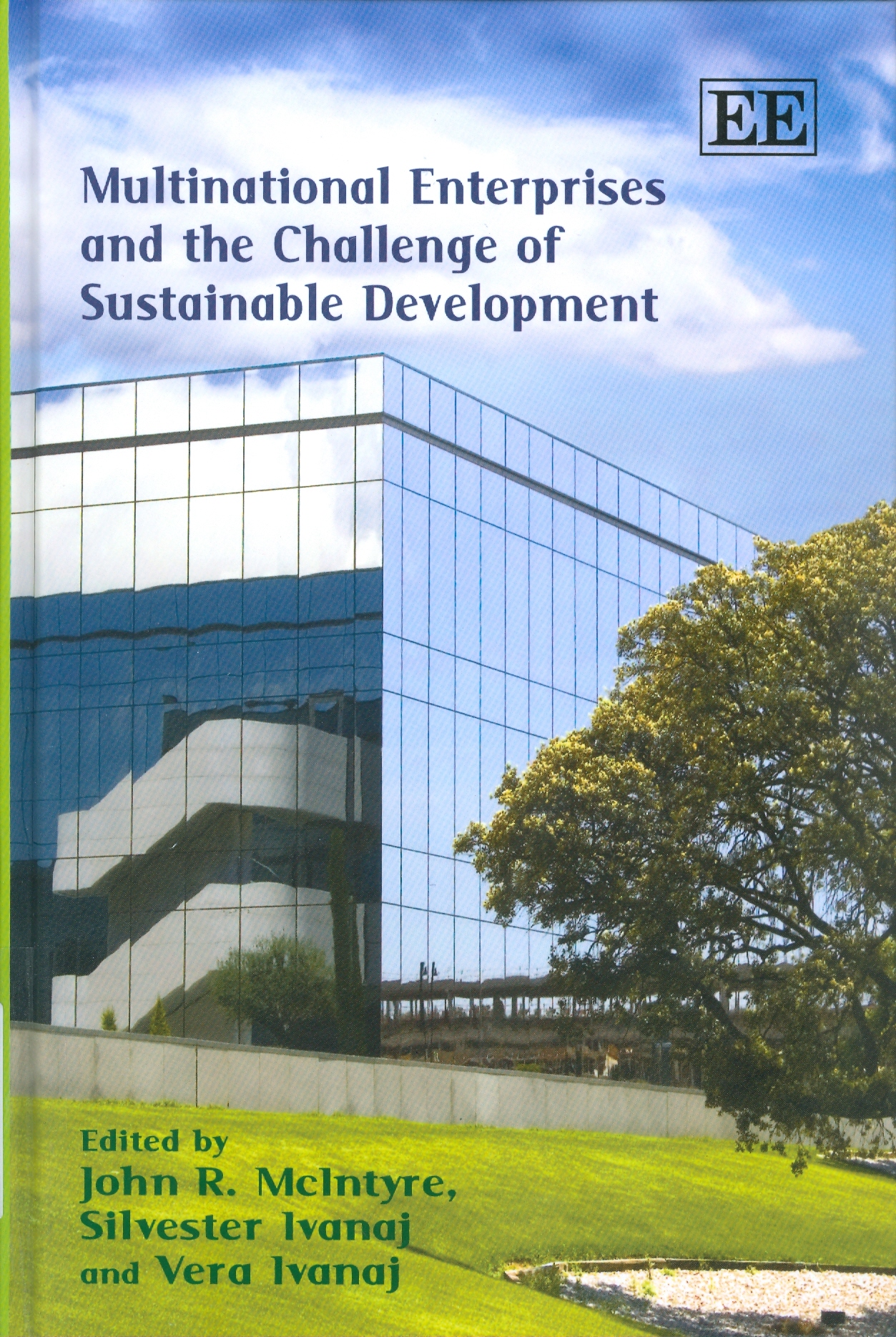Category Archives: NTU Library Resources
Good for business : the rise of the conscious corporation
“The fact is, corporate reputation matters more today because brand matters more. Over the past half century, we have moved beyond markets dominated by commodity goods to a world in which it is virtually impossible to buy anything that doesn’t have some form of logo or other identity mark stamped on it. And consumers are increasingly identifying themselves with and through the brands they buy.” (Benett et al., 2009: xiii)
In Good for Business: The Rise of the Conscious Corporation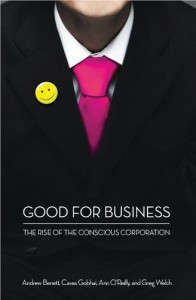 , authors Benett, Gobhai, O’Reilly and Welch look at the changes that corporations must make to grow and thrive in a more informed and questioning society. They highlight the four cornerstones of a successful as well as conscious business:
, authors Benett, Gobhai, O’Reilly and Welch look at the changes that corporations must make to grow and thrive in a more informed and questioning society. They highlight the four cornerstones of a successful as well as conscious business:
Purpose Beyond Profit
Humanized Leadership
Corporate Consciousness
Collaborative Partnerships
Some corporations mentioned in the book include: Nike, Google, Whole Foods, DuPont, Wal-Mart, Procter and Gamble, GE, Microsoft, and Apple.
Title: Good for business : the rise of the conscious corporation
Authors: Andrew Benett, Cavas Gobhai , Ann O’Reilly & Greg Welch
Publication info: New York : Palgrave Macmillan, 2009.
Availability: Click here
KLD DATASET IN WRDS
KLD DATASET IN WRDS: For Research in Sustainability, Employee Relations, Environment, Nuclear Power, Etc.
The KLD dataset in WRDS gives users the ability to research and analyze the social, environmental and sustainability markers of the top 400 corporations in the US. These markers cover Community, Corporate Governance, Diversity, Employee Relations, Environment, Human Rights, Product, and include negatives such as Alcohol, Firearms, Gambling, Military, Nuclear Power, and Tobacco.
Access site: http://ezlibproxy1.ntu.edu.sg/login?url=http://wrds-web.wharton.upenn.edu/wrds/connect
Access: NTU staff and students only
Number of users : Unlimited
Need help?: Click on Variable Descriptions and Manuals and Overviews at the top of the page.
For further information, please contact me at balbindar@ntu.edu.sg.
HDB’s approach to sustainable development
 The green housing book-HDB’s approach to sustainable development
The green housing book-HDB’s approach to sustainable development
Housing & Development Board
Location: Lee Wee Nam Library
Call no.: TH880.G796
This book showcases HDB’s efforts in creating environmentally sustainable public housing towns and estates in Singapore.
– excerpt from “The green housing book”.
New Books at Business Library
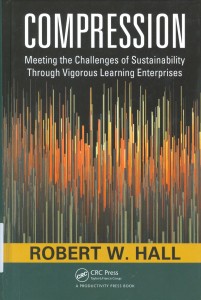
Compression |

Honeybees and locusts |
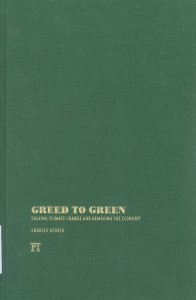
Greed to green |
||
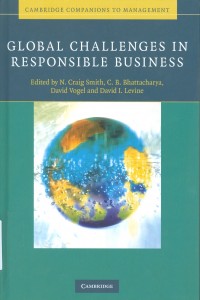
Global challenges in responsible business |

Environmental efficiency, innovation and economic performances |
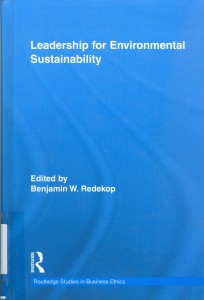
Leadership for environmental sustainability |
Lessons from IKEA
Values-based service for sustainable business : Lessons from IKEA
Towards the end of each year, one thing you will most likely find in your letter-box, apart from the credit card bills for all that Christmas shopping, is the IKEA catalogue. With 2 branches in Singapore, this Swedish retailer of furniture and household goods with hard-to-pronounced names, has a reputation for low prices and innovative designs. You probably have one or two IKEA items in your home; I know I have more than a couple.
 How is IKEA able to offer its wide range of functional furniture at such affordable prices? This book, Values-based service for sustainable business : lessons from IKEA, looks at how the values-based business model of IKEA has helped it sustain its profitable while still fulfilling its corporate social and environmental responsibility. Other values-based service companies, like Starbucks Coffee Company, Swedish clothing retailer H&M (soon to set up shop here in Singapore) and Body Shop are analysed for comparison.
How is IKEA able to offer its wide range of functional furniture at such affordable prices? This book, Values-based service for sustainable business : lessons from IKEA, looks at how the values-based business model of IKEA has helped it sustain its profitable while still fulfilling its corporate social and environmental responsibility. Other values-based service companies, like Starbucks Coffee Company, Swedish clothing retailer H&M (soon to set up shop here in Singapore) and Body Shop are analysed for comparison.
Title: Values-based service for sustainable business : lessons from IKEA
Authors: Bo Edvardsson and Bo Enquist.
Publication info: London ; New York : Routledge, 2009.
Call Number: HD9980.5.E28 2009
Availability: Click here.
The authors have also published an article on the same topic in Managing Service Quality, Jul 2007, Vol. 17 Issue 4, p385-403. Access the article in Emerald database here.
Asian Sustainability Rating
What is the Asian Sustainability Rating (ASR)?
It is a benchmarking tool developed by Responsible Research and CSR Asia, covering areas such as the environment, social and governance (ESG) of leading listed companies in ten Asian countries, such as China, India, South Korea, Thailand, Singapore, etc.
How are the countries scored?
A proprietary set of 100 indicators in 4 categories are used. Details of the methodology are available the Research Methodology page of ASR.
How did Singapore companies fair in the rating?
Singapore ranked 5th in the country ranking, with the best result in Governance (ranked second, after Thailand).
Overall, the real estate sector leads the field, with City Developments Limited and CapitaLand Ltd topping the chart.
Click here for a list of titles on Sustainable Development in the Business Library.
CSR for sustainability and success : corporate social responsibility in Singapore
In Singapore, NTUC is almost synonymous to supermarket. Most heartlanders fulfil their groceries needs at NTUC FairPrice supermarkets littered across the island. And with the introduction of FairPrice Finest in more upmarket locations, even expatriates are doing so as imported products, which used to be only available in specialist supermarket in town, are now readily available there.
Do you know that NTUC Fairprice is a co-operative*? At the core of its mission as a social enterprise is the moderation of the cost of living while at the same time maintaining success as a business (Frohman, 2009).
What are the CSR (Corporate Social Responsibility) Vision and Mission of NTUC FairPrice? What are some measures it has taken to become the “Best Corporate Citizen”? What are some challenges and opportunities it faces?
 Read more about the FairPrice CSR story in CSR For Sustainability and Business. Other companies highlighted in the book include
Read more about the FairPrice CSR story in CSR For Sustainability and Business. Other companies highlighted in the book include
- Cerebos Pacific Limited – you might be familiar with their Brands Essence of Chicken and other health supplements;
- Holcim (Singapore) Limited – supplier of cement, concrete and construction-related services;
- Natsteel Holdings – top steel supplier in Asia Pacific;
- PowerSeraya – Singapore-based energy company;
- Singapore Telecommunications Limited – or SingTel, as known to everyone; and others
Title: CSR for Sustainability and Success
Edited by: Wong, Evelyn S.
Publisher : Marshall Cavendish Editions, c2009
Call No.: HD60.5.S55C958
Click here for more titles on the same topic.
* A co-operative, in essence, is a form of organisation in which customers share in the profits in relation to purchases. In other words, members of the co-op enjoy not only the “benefits of good-quality products at fair prices but also a share of the profits (a dividend) based on the amount of each member’s purchases” (A Dictionary of Business and Management, Oxford University Press, 2009).
Frohman, N. (2009). Best Place to Shop, Best Place to Work, Best Corporate Citizen. In Evelyn Wong, CSR for Sustainability and Success.
Articles on Sustainable Development and CSR in Scopus
What is Sustainable Development? According to Steurer et al. (2005), sustainable development (SD) is “Development that meets the needs of current generations without compromising the ability of future generations to meet their needs and aspirations“. In their paper, titled “Corporations, stakeholders and sustainable development I: A theoretical exploration of business-society relations”, the authors looked at how sustainable development can be acheived through stakeholder relations management (SRM). How SD and SRM relate to each other and other popular concepts such as Corporate Sustainability and Corporate Social Responsibility were also explored. Since its publication in 2005, this paper has been cited 31 times in Scopus.
For a list of articles on Sustainable Development and CSR in Scopus, please click here.
Books on sustainable development
Look for these materials in the Library catalogue or follow these links:
Sustainable development–Case studies
Sustainable development–Congresses
Sustainable development–Economic aspects
Sustainable development–Finance
Sustainable development–Government policy
Sustainable development–International cooperation
There are many books out there. Below are some books which you may like to recommend for purchase. Send the title to me : catherinetan@ntu.edu.sg.
Remember to use your NTU email account. Post useful weblinks under “Comments”. I will be compiling useful weblinks in another posting.
For more books on sustainable development, please visit the following:


